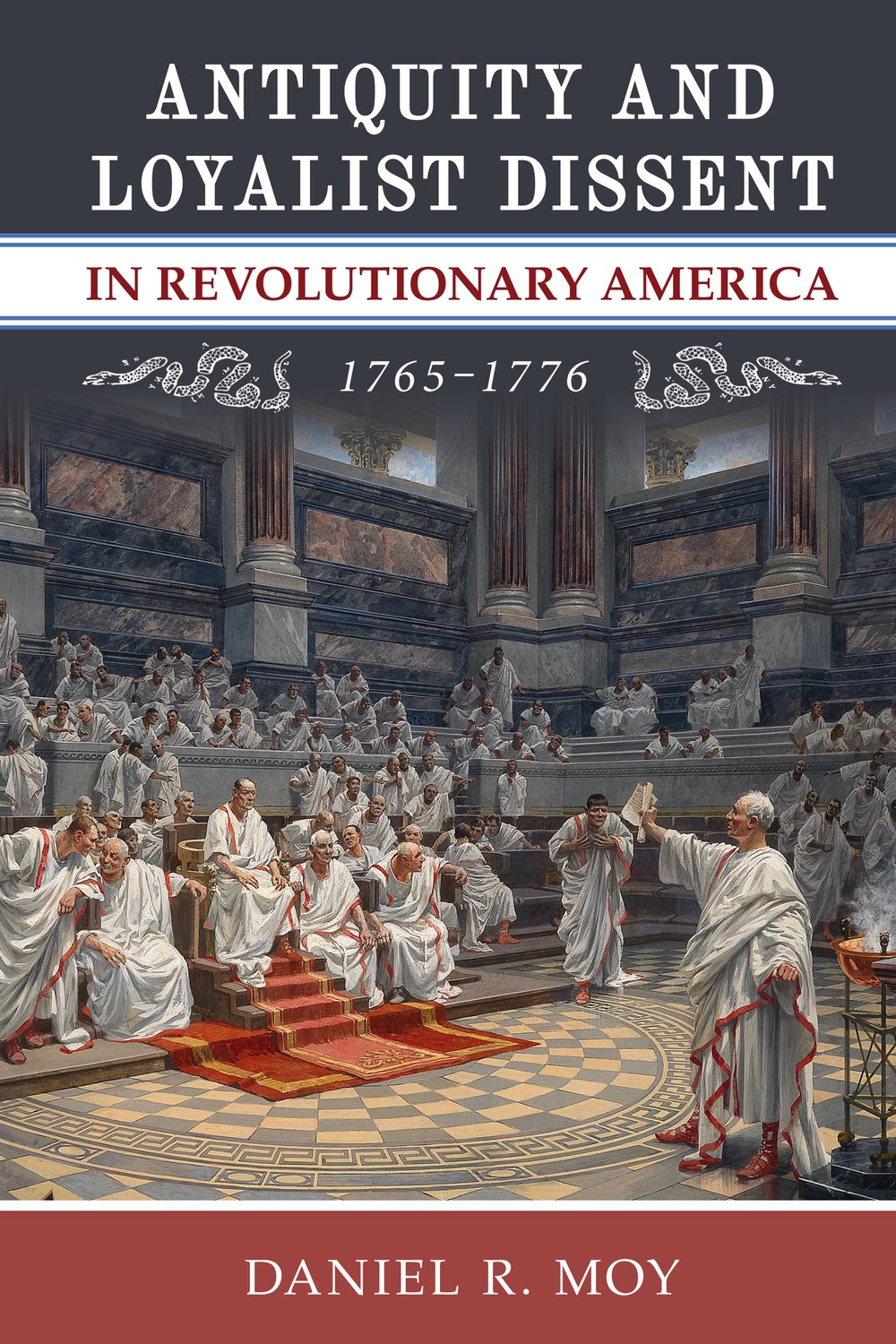Antiquity and Loyalist Dissent in Revolutionary America, 1765-1776

This book explores how the loyalist rebuttal to the American patriot movement during the decade leading up to 1776 derived much of its inspiration and rationale from the ancient literature of the Greco-Roman world – the same repository of classical ideas and principles the patriots co-opted to persuade their fellow countrymen to disavow the English crown and pursue independence.
Although previous histories have described how the ideas of the classical world, transmitted through the Renaissance and Enlightenment writers, were important – even vital – to the revolutionary movement and the founders of the American Republic, few questions have been raised in the historiography concerning the loyalists’ political motivations and actions with respect to the ancient literary canon.
This study sheds new light on the pre-revolutionary controversy and pamphlet war in the colonies, examining those ideological currents, derived from antiquity, that informed both radical and conservative responses to the transatlantic crisis throughout the 1760s and 70s. The same tradition of Western thought that inspired some British Americans to rebel against the mother country compelled others to remain loyal to the British system of government and fervently oppose the revolutionary agenda.
Classical republican ideas did not predispose British Americans to rebel against the crown. Rather, the decision to declare independence was the outcome of a highly contested ideological struggle waged between adversaries well-versed in the literature, motifs, and principles of the ancient world. Invoking the classical literary canon, the loyalist rebuttal posed a significant challenge to the legitimacy and rationale of the colonial resistance. The fact the Whig-patriots were able to surmount these formidable obstacles demonstrates just how radical, in an ideological sense, the revolutionary movement truly was.

Colonel Dan Moy (U.S. Air Force Retired) served as assistant professor at the U.S. Air Force Academy and received the Bronze Star for his command of counterinsurgency operations in Afghanistan. He is a graduate of the Harvard Kennedy School of Government who is interested in applying the lessons of the American founding to our understanding of politics and public service.
